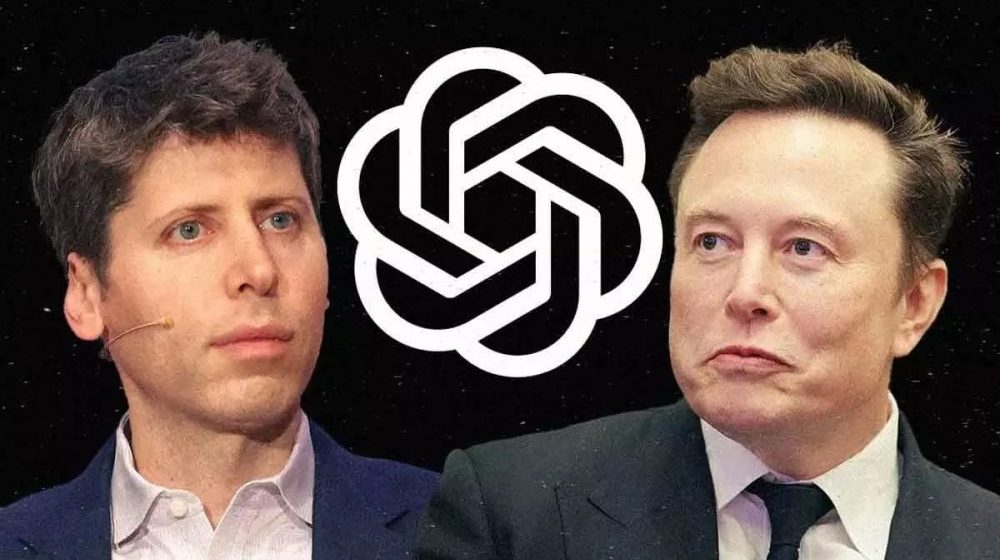Elon Musk, along with a group of investors, has submitted a bid amounting to $97.4 billion to take control of OpenAI’s nonprofit organization. This development heightens the ongoing dispute regarding the AI company’s transition to a for-profit model. The proposal, disclosed on Monday, marks Musk’s most recent effort to halt OpenAI’s shift, which he contends favors profit over the public good.
Sam Altman’s Immediate Dismissal
OpenAI’s CEO, Sam Altman, promptly rejected the proposal. In a pointed reply on X, he stated, “No thank you but we will buy Twitter for $9.74 billion if you want.” This response underscores the increasing rift between Musk and the leadership of OpenAI.
Musk’s History with OpenAI
Musk co-established OpenAI alongside Altman in 2015, intending to create a nonprofit organization dedicated to AI research aimed at benefiting society. However, he left the organization before its significant growth. In 2023, he initiated xAI, a rival AI enterprise, and has since expressed strong criticism regarding OpenAI’s move towards commercialization.
His legal dispute with OpenAI commenced in August 2024, when he filed a lawsuit against Altman and others, alleging that they had breached OpenAI’s foundational principles by prioritizing profit over the ethical development of AI. In November, Musk requested a court injunction to prevent OpenAI from formally converting into a for-profit organization.
Funding Challenges and Market Response
OpenAI’s most recent valuation stood at $157 billion, positioning it among the most valuable private enterprises worldwide. Reports indicate that SoftBank is in discussions to spearhead a $40 billion funding round, potentially elevating OpenAI’s valuation to $300 billion.
While Musk’s proposal is considerable, it presents considerable financial hurdles. His Tesla assets are appraised at $165 billion; however, the certainty of his financing capabilities remains questionable, particularly following his $44 billion purchase of Twitter (now X) in 2022. Analysts propose that he might finance the transaction by:
- Selling part of his Tesla stake
- Taking a loan against his stock
- Using SpaceX holdings as collateral
The Broader Impact of Musk’s Bid
The proposal is already causing disturbances in OpenAI’s funding strategies. Certain analysts contend that OpenAI’s board has a fiduciary duty to evaluate Musk’s offer, even in light of Altman’s dismissal. Jonathan Macey, a professor at Yale Law School, pointed out that if OpenAI opts to sell to a different purchaser for a lower amount, it may lead to legal issues regarding whether they are prioritizing the nonprofit’s best interests.
OpenAI and its supporters, including Microsoft, have yet to provide an official response to Musk’s proposal. Considering the current direction of OpenAI, it appears improbable that the board will consider Musk’s offer.
What’s Next?
Musk’s commitment to redirect OpenAI towards an open-source and safety-oriented approach, contrasted with OpenAI’s steadfast advancement of its for-profit model, suggests that the impasse is unlikely to be resolved soon. Regardless of whether Musk’s initiative gains momentum or merely hinders OpenAI’s fundraising endeavors, the contention surrounding the future of artificial intelligence persists.
For more daily updates, please visit our News Section.

